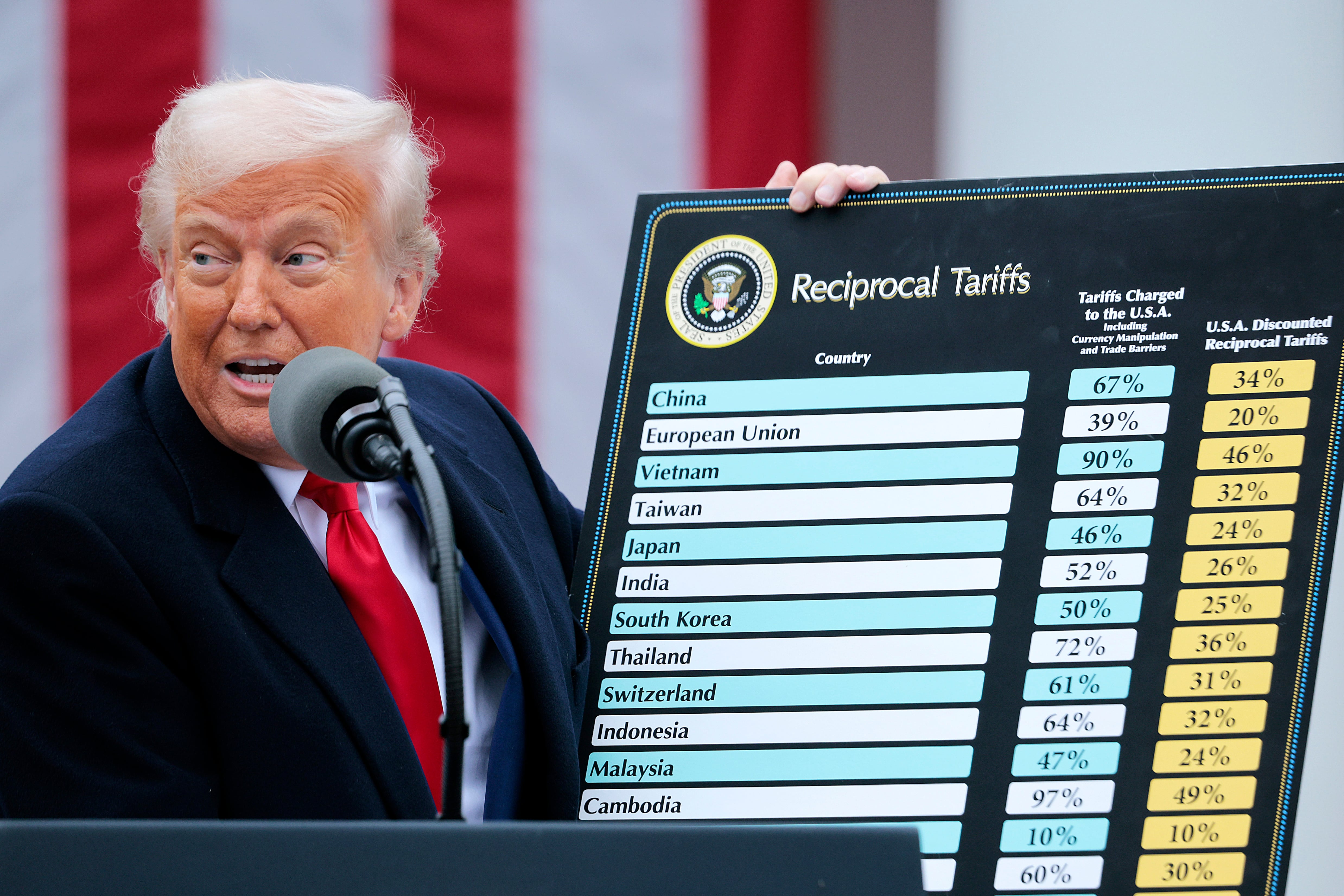*By Amanda Weston* The electric vehicle industry got a jolt this week as Harley-Davidson introduced its new LiveWire electric motorcycle at the 2019 Consumer Electronics Show. "We're the leader in the category, so we're going to lead the electrification of the sport," Heather Malenshek, senior vice president of marketing and brand at Harley-Davidson, told Cheddar at CES. Malenshek said [LiveWire](https://www.harley-davidson.com/us/en/motorcycles/future-vehicles/livewire.html?source_cd=Vanity_livewire) goes from zero to 60 in less than 3.5 seconds, with a range of more than 100 miles and a top speed of around 110 miles per hour. "It's a high-performance motorcycle for serious motorcyclists, but it's a simple-to-operate bike for those getting into the sport as well," Malenshek said. "So we're really excited." Malenshek said a Level 1 charger is stored on the bike, allowing customers to plug it into household outlets. Select dealerships will also have charging capabilities. Malenshek expects its new bike to attract a mix of both new and old Harley-Davidson ($HOG) riders. "We do believe we're going to get a lot of new customers who wouldn't have considered Harley-Davidson before, but we also think a lot of our existing customers are going to be intrigued and interested and get on the bike," Malenshek said. "But this is really about opening us up to a new market and a new customer segment." Electric cars are rising in popularity, but Harley-Davidson isn't expecting a total electric takeover in the near future. "I see internal combustion and EV actually living together pretty nicely under our brand for quite a while," Malenshek said. "But the adoption's increasing, so we're hopeful with the range of motorcycles that we're going to bring that we'll have a good percentage of the market as we lead the rest of the industry." Harley-Davidson started taking pre-orders Monday with a target release date of Aug. 2019. The LiveWire motorcycle starts at $29,799. For full interview [click here](https://cheddar.com/videos/harley-davidson-gears-up-to-go-electric).












